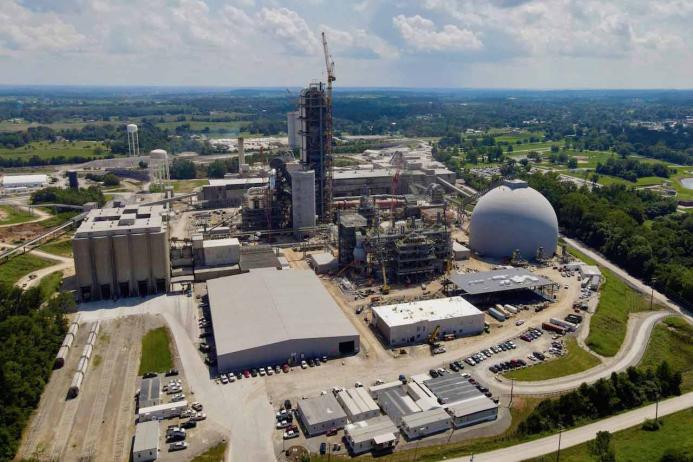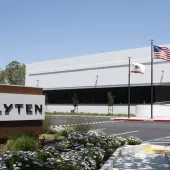Heidelberg Materials to receive funding for its largest CCUS project to date
Heidelberg Materials has been selected for funding of up to US$500 million to advance industrial-scale carbon capture, transport, and storage (CCUS) at its new state-of-the-art cement plant in Mitchell, Indiana, USA. The funding is part of the US Department of Energy’s (DOE) Industrial Demonstrations Program and builds on a prior award by the DOE toward verifying the project’s technical feasibility.
“Having reached this crucial milestone for our largest CCUS project to date underscores our pioneering role in the decarbonisation of our industry,” said chairman of the Managing Board Dr Dominik von Achten.
“This is yet another step on our path towards net zero. We are strongly committed to further reducing the carbon footprint of our sites and products to the greatest possible extent and are pushing for innovative ways to deploy scalable carbon capture solutions across the globe.”
The implementation at the company’s Mitchell site is one of 33 projects selected as part of the DOE’s Industrial Demonstrations Program to provide up to a total of US$6 billion to demonstrate commercial-scale decarbonisation solutions needed to move energy-intensive industries towards net zero across the USA. Once award negotiations are completed, Heidelberg Materials will complement the DOE funding with its own significant contribution.
“This substantial federal funding investment will help create the first full-scale deployment of carbon capture and storage on a cement plant in the US,” said Chris Ward, member of the Managing Board of Heidelberg Materials and CEO of Heidelberg Materials North America. “Through this project at the Mitchell facility, Heidelberg Materials is investing in leading the development and application of CCUS in our industry. Successful implementation of this technology at scale will play a critical role in achieving our goal of net-zero cement and concrete in North America,” continued Ward.
The new Mitchell cement plant has recently been modernised to produce more than triple its previous capacity. The plant now includes features to minimise energy consumption and enable the use of alternative fuels and raw materials to reduce greenhouse gas emissions. The proposed CCUS project will capture and prepare for storage or use of approximately 2 million tonnes of CO2 each year from 2030.







